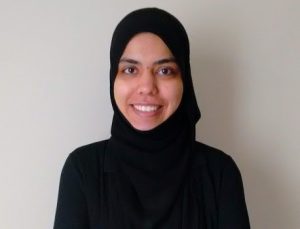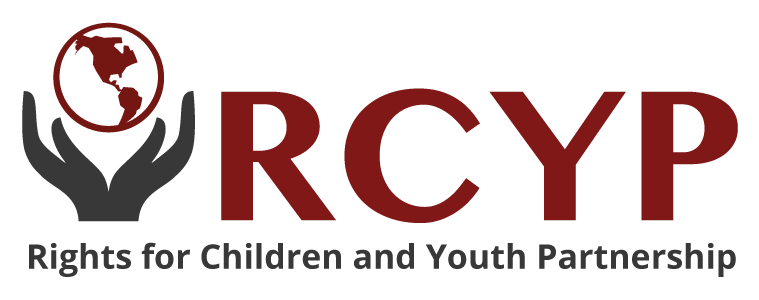- April 14, 2022
I walk into the classroom as a new addition to an already existing system with nerves and excitement of first meetings, new beginnings, and strange surroundings. I look around me seeing a pool of similar skin tones varying in their subtleness and depth, but none that quite matches the colour of my own. I look at smiling faces attached to bodies dressed in clothes that I don’t quite recognize and hear the warmth of the laughter that envelops the classroom but doesn’t quite reach me. The voices I hear sound vaguely familiar, taking me back to the moments of hilarious comedy displayed across my tv screen as I sat laughing like a child watching American television with my siblings. Yet, I crave the sweetness of my own tongue and the deliciousness with which my friends back home would greet me the minute I ran into the classroom. Here, I am timid, walking ever so carefully as if the floor beneath me is broken glass and with one misstep I will be swallowed into the ground into never-ending darkness. Overwhelmed with the new and mysterious feelings, I look to find a moment of relief, seeking some level of comfort and belonging. I find none. My solace is the idea that this is day one of many more to come, and I will find my people, and I will be just fine. A school full of hundreds of faces, surely, someone will be able to relate to me and my experiences.
How many of us have felt this way or can relate to an aspect of the story above? Although the above experience is a tailored version of my own, the research that RCYP has done regarding Latinx and Black youth within the Ontario education system reflects a lot of our experiences. I am a person of colour, a minority, and very visibly different in my dressing due to the hijab I wear for being a Muslim. I was also an immigrant, brought here by my parents to have a better future for their kids. When I first got here, I struggled to fit in right away, it was a lot of new things all at once and as a child, I found it difficult in the beginning to embrace it all. Seeing the findings of studies aimed at understanding the experiences of Latinx and Black youth who have either themselves come to Canada through immigration or have been born here – but had a different cultural upbringing than the western one, put into perspective how common these feelings of isolation and not belonging can be for youth. Lacking representation in peers and mentors who are like one’s own can often be damaging to growth and progress; and an institution which is meant to create spaces for flourishment and success for students fails when it lacks the resources needed for students to succeed. Not only does it speak to the issues of multiculturalism more generally and the failure of policies which exist within institutions to create a more inclusive space, it also creates further unnecessary hardship and struggle for youth navigating the system built for the majority; a system which overlooks the minority or ethnically diverse, who are unfortunately disregarded and forgotten.
Although I saw so many common threads amongst the research and my own personal experiences, what became clear through participation in team discussions was the idea of positionality. The position in which I entered the consumption of research came from my past experiences, with it holding certain biases and misconceptions that had to be reassessed. I noticed that my own experiences were being intertwined with my understanding of the research, which takes some objectivity away, so it was important for me to be aware of that. It’s true that shared human experiences can build connections and aim to better understand one another, but it’s also crucial to keep in mind that regardless of the familiarity of that shared experience, the nuances are never the same. Everyone experiences things differently and that impacts our perceptions and understanding of events, even in research.
The views expressed in this blog post are those of the author and do not necessarily reflect those of the Rights for Children and Youth Partnership project, Ryerson University, or our other partners.
 Author
Author
Farwa is a fourth-year Forensic Psychology student at Ontario Tech and has been working as a research assistant at the RCYP as a practicum student.
